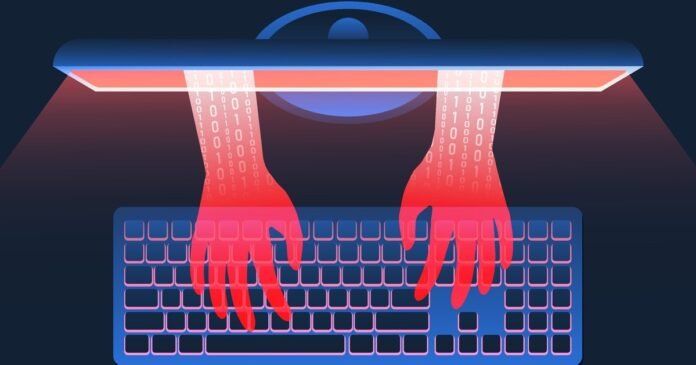Navigating Cyber Insurance and Ethical Dilemmas in Healthcare Ransomware Negotiations
In today’s digital landscape, healthcare organizations face an increasing number of cyber threats, particularly ransomware attacks that can cripple operations and compromise sensitive patient data. As these incidents become more prevalent, the importance of aligning third-party negotiations with the organization’s cyber insurance policies cannot be overstated. Coverage can vary significantly based on the specifics of the incident and the actions taken during negotiations, making it essential for healthcare leaders to understand the implications of their decisions.
The Intersection of Cyber Insurance and Negotiations
When a healthcare organization is targeted by ransomware, the immediate instinct may be to negotiate with the attackers to regain access to critical data. However, this approach must be carefully weighed against the organization’s cyber insurance policy. Insurers often have specific guidelines regarding how negotiations should be conducted, and failing to adhere to these can jeopardize coverage. For instance, if an organization pays a ransom without consulting their insurer, they may find themselves without financial support when the dust settles.
Moreover, the nuances of each incident can affect coverage. Insurers may evaluate the organization’s response, including whether they implemented adequate security measures prior to the attack. Thus, it is crucial for healthcare leaders to ensure that their negotiation strategies align with their cyber insurance policies to avoid unexpected financial repercussions.
Ethical Considerations in Ransomware Negotiations
Beyond the legal and financial implications, healthcare leaders must grapple with the ethical ramifications of ransomware negotiations. Paying a ransom may seem like the quickest way to restore operations and recover data, but this decision can conflict with the organization’s ethical stance and regulatory obligations. For instance, organizations that prioritize patient safety and data integrity may find themselves in a moral quandary when considering whether to fund criminal activity.
The ethical dilemma is further complicated by the potential for setting a dangerous precedent. If healthcare organizations routinely pay ransoms, they may inadvertently encourage further attacks, putting not only their own data at risk but also that of their patients and the broader healthcare community. Therefore, leaders must carefully consider the long-term implications of their decisions in the context of their ethical commitments.
The Importance of Robust Security Protocols
To mitigate the risks associated with ransomware attacks, implementing robust security protocols is fundamental. This includes conducting regular risk assessments, providing comprehensive employee training, and investing in updated security technologies. By fostering a culture of cybersecurity awareness, healthcare organizations can significantly reduce their vulnerability to attacks.
Michael, a cybersecurity expert, emphasizes the need for proactive measures: "Implementing robust security protocols, including regular risk assessments, employee training, and updated security technologies, is fundamental." These strategies not only protect sensitive data but also enhance the organization’s resilience in the face of potential threats.
Transparent Communication with Stakeholders
In the event of a cyber incident, maintaining transparent communication with stakeholders is paramount. Healthcare organizations must balance the need for confidentiality with their ethical responsibility to inform patients about threats to their data. This transparency fosters trust and reassures patients that their healthcare provider is taking the necessary steps to protect their information.
Moreover, clear communication can help manage public perception and mitigate reputational damage. By being upfront about the challenges faced and the measures taken to address them, organizations can demonstrate accountability and commitment to patient safety.
Diagnosing the Decision
For healthcare leaders, establishing and practicing an incident response plan is crucial. This includes conducting simulations and tabletop exercises to prepare teams for real-world scenarios. Such proactive approaches not only enhance organizational resilience but also ensure accountability in decision-making processes.
The evolving threat landscape for healthcare organizations presents new legal and ethical challenges. However, with a comprehensive understanding of regulatory requirements and a commitment to transparency, healthcare providers can navigate these difficult decisions in ways that protect both patient data and organizational integrity.
In conclusion, as healthcare organizations continue to face the threat of ransomware, the intersection of cyber insurance, ethical considerations, and robust security protocols will play a critical role in shaping their responses. By prioritizing these aspects, leaders can safeguard their organizations and maintain the trust of their patients.
Make sure you check out the latest edition of Cyber Magazine and also sign up for our global conference series – Tech & AI LIVE 2024.
Cyber Magazine is a BizClik brand.

